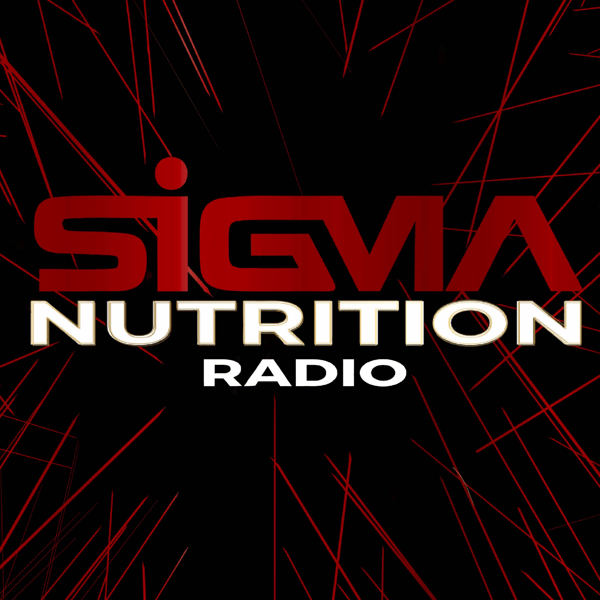#414: Will Machine Learning Overtake Traditional Nutrition Research Methods?
Sigma Nutrition Radio
Danny Lennon
4.8 • 626 Ratings
🗓️ 24 November 2021
⏱️ 104 minutes
🧾️ Download transcript
Summary
In this episode, the Sigma team discuss the claim that machine learning and data science may overtake traditional research methods in nutrition. They discuss how machine learning could solve some current limitations of traditional methods, studies on its use so far, potential applications in future trials, and potential limitations or problems with the increased use of data science (including ethical and societal concerns). They also ponder on how tech is currently being used (and abused) in relation to personalised nutrition, tech products, continuous glucose monitoring use, among other things.
Transcript
Click on a timestamp to play from that location
| 0:00.0 | Hello and welcome to another episode of Sigma Nutrition Radio. |
| 0:17.8 | This is episode 414 of the podcast. And today we've got a slightly new type of format for the podcast, |
| 0:26.8 | but also a new member of the team on the podcast as well, which we'll get an introduction to in |
| 0:32.7 | just a moment. Today we're going to be talking about the topic of machine learning and data science within nutrition research going forward. And essentially we're going to be talking about the topic of machine learning and data science within |
| 0:38.9 | nutrition research going forward and essentially we're going to be discussing a claim around |
| 0:43.6 | whether machine learning and data science can overtake traditional research methods within |
| 0:48.7 | nutrition before we get to the setup of the episode let let me introduce the latest member of the Sigma Nutrition |
| 0:56.5 | team, as some of you may have seen through our recent posts on the website, as well as on |
| 1:01.6 | social media. |
| 1:02.7 | We have a new data and research analyst on the team, Dr. Neve Aspel. |
| 1:09.8 | So, Neve, welcome to the show. And maybe to start, |
| 1:14.8 | can you give people an introduction to yourself, your kind of research background and anything |
| 1:20.2 | else you might think they'll find interesting. Okay. Yeah, thank you so much for the introduction. |
| 1:26.5 | And yeah, I'm really excited and happy to start joining your conversations and working with you both. |
| 1:32.1 | So just a little background from myself, I suppose. |
| 1:36.2 | Maybe it's not so linear, but I have a degree in human nutrition and during my undergrad, I worked on various different research projects. |
| 1:46.0 | So they kind of focused on exploring different nutrients data, so vitamin D status, B vitamins, |
| 1:52.1 | and different health outcomes in older adults. So we specifically focused on cognitive and physical |
| 1:57.8 | function. And this is an area that I became really interested in after my |
| 2:01.9 | PhD then as well. So I spent some time working in the Institute in neuroscience in Trinity College in |
| 2:07.1 | Dublin. And I decided that I wanted to kind of merge the field of kind of nutrition and |
| 2:12.3 | neuropsychology and psychiatry into kind of the basis of my PhD. So I worked with a professor of old age |
... |
Please login to see the full transcript.
Disclaimer: The podcast and artwork embedded on this page are from Danny Lennon, and are the property of its owner and not affiliated with or endorsed by Tapesearch.
Generated transcripts are the property of Danny Lennon and are distributed freely under the Fair Use doctrine. Transcripts generated by Tapesearch are not guaranteed to be accurate.
Copyright © Tapesearch 2025.

